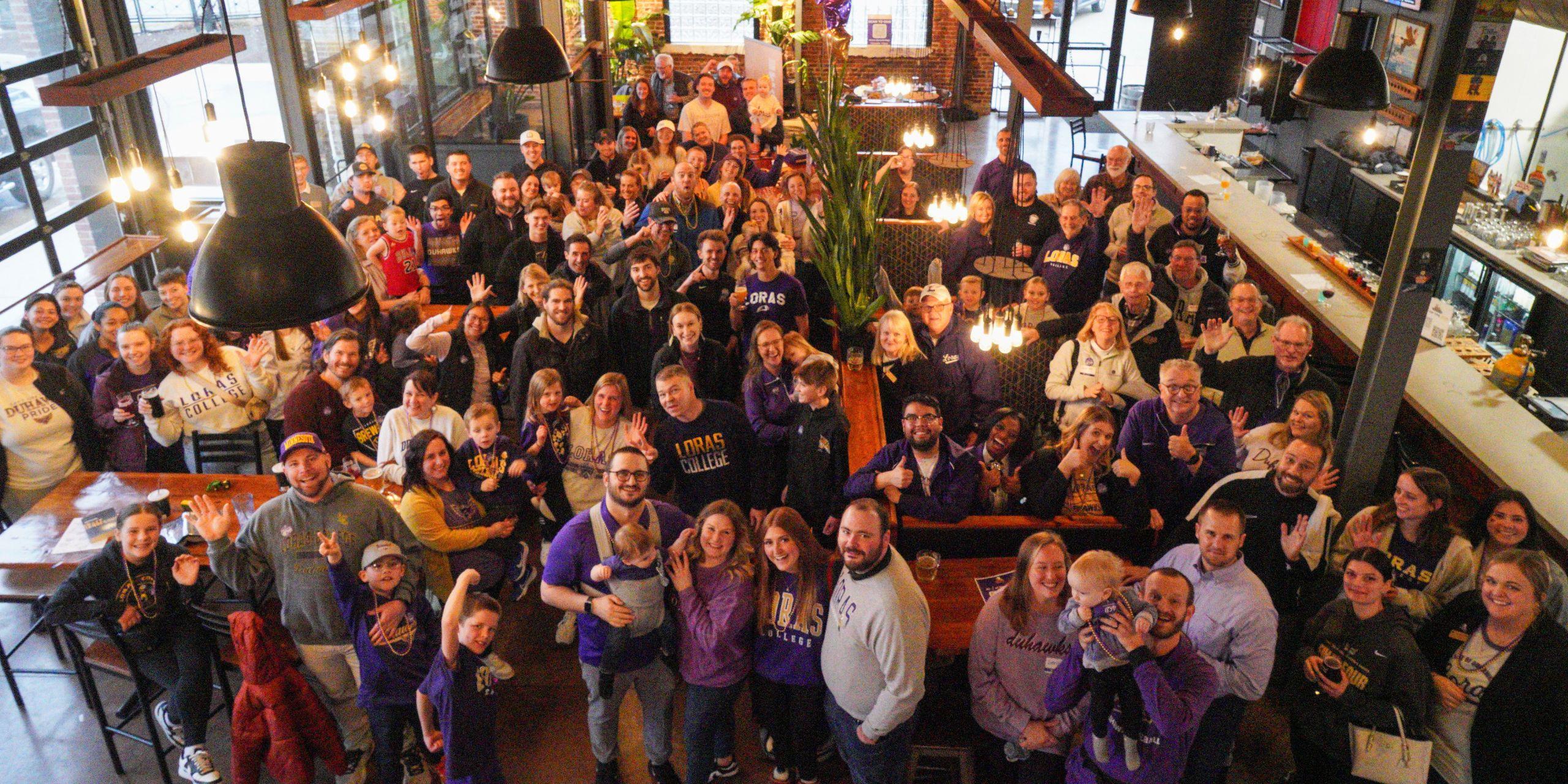I remember watching that La Salle game last season where they scored 38 points in the final quarter - the highest-scoring quarter of the entire season up to that point. They trimmed what seemed like an insurmountable deficit down to just five points before ultimately running out of time. That game taught me something crucial about professional success: sometimes we're capable of incredible comebacks, but we need to start our push earlier and with more strategic intention. Throughout my career consulting with Fortune 500 executives and coaching rising professionals, I've identified ten powerful strategies that can create that breakthrough momentum without waiting until the final quarter of your career to make your move.
Let me share something I learned the hard way early in my career. I used to believe that working longer hours automatically translated to better results, until I tracked my productivity for three months and discovered I was only truly productive for about 4.5 hours each day, despite working 10-12 hour days. That realization led me to develop what I call "strategic intensity" - focusing with absolute concentration during peak energy periods. Research from the University of California suggests our brains can only maintain high focus for about 90 minutes before needing a break. I've personally found that working in 75-minute blocks with 15-minute breaks increases my output by roughly 40% compared to marathon sessions. The key isn't just working hard, but working smart with deliberate practice.
Building meaningful professional relationships has accounted for approximately 65% of my career advancements, and I'm not just talking about collecting LinkedIn connections. Last year, I made it a point to have at least two genuine conversations per week with people outside my immediate team or industry. One of those conversations led to a collaboration that increased our department's visibility by 200% within six months. I've noticed that the most successful professionals don't network transactionally - they build communities. They remember personal details, follow up on previous conversations, and offer help without immediate expectation of return. This creates what I call "relationship capital" that compounds over time.
Continuous learning is another area where I've seen professionals dramatically underestimate their potential. When I committed to spending just 30 minutes daily learning new skills relevant to my field, within six months I had mastered data analysis tools that made me three times more valuable to my organization. The most effective approach I've found combines multiple formats: online courses for structured learning, industry podcasts during commute time, and monthly "skill swap" sessions with colleagues. What surprised me was discovering that learning in varied environments - sometimes at home, sometimes in coffee shops, occasionally while traveling - improved my retention by what felt like 25-30%.
Communication effectiveness separates adequate professionals from exceptional ones. Early in my management career, I tracked meeting outcomes and discovered that nearly 35% of our meeting time was wasted due to unclear objectives or poor facilitation. Implementing what I now call "precision communication" - starting every interaction with clear objectives, actively listening without interruption, and summarizing action items - reduced our meeting times by half while improving decision quality. I've become somewhat obsessed with communication efficiency, often revising emails multiple times to ensure clarity and impact. This might sound excessive, but it's saved me from countless misunderstandings and rework.
Adaptability has become increasingly crucial in today's rapidly changing professional landscape. I've noticed that the most successful professionals I've worked with aren't necessarily the most technically skilled, but rather those who can pivot quickly when circumstances change. When our industry faced significant disruption two years ago, professionals who had developed what I call "learning agility" - the ability to rapidly acquire and apply new knowledge - outperformed their more experienced but rigid counterparts by nearly 60% in key performance metrics. I make it a point to regularly step outside my comfort zone, taking on projects that scare me just enough to drive growth without causing paralysis.
Personal branding is another strategy I initially resisted but now consider essential. I used to think doing good work would naturally lead to recognition, until I noticed less capable but more visible colleagues advancing faster. Developing a clear professional identity - understanding what unique value I bring and consistently demonstrating it - has been transformative. For me, this meant identifying my strength in translating complex technical concepts for non-technical audiences and deliberately seeking opportunities to showcase this skill. The result was a 45% increase in speaking invitations and internal recognition within eighteen months.
Well-being and professional success are more connected than many realize. After experiencing burnout five years ago that affected both my health and performance, I implemented non-negotiable wellness practices including seven hours of sleep, regular exercise, and digital detox periods. The impact on my professional effectiveness was immediate and substantial - my decision-making accuracy improved, my creativity increased, and I became more resilient under pressure. I now consider well-being practices not as personal luxuries but as professional necessities that directly contribute to sustained high performance.
Strategic risk-taking has consistently propelled my career forward at critical moments. Early on, I was overly cautious, avoiding projects where success wasn't guaranteed. Then I adopted what I call the "70% rule" - if I'm 70% confident I can succeed at something challenging, I take the risk. This approach led me to volunteer for a high-visibility project that seemed destined to fail. We turned it around, and that success accelerated my career progression by at least two years. The key is calculated, not reckless, risk - understanding potential downsides while focusing on achievable breakthroughs.
Finally, developing what I call "strategic patience" has been perhaps the most valuable lesson. In our instant-gratification culture, we often expect rapid results from our efforts. Yet the most meaningful professional achievements in my life - building trusted relationships, developing expertise, creating innovative solutions - all required sustained effort over time. Like La Salle's remarkable fourth-quarter performance, sometimes our efforts take time to show results, but consistent application of proven strategies creates the conditions for breakthrough success. The professionals I've seen achieve the most lasting impact understand that professional growth isn't a sprint but a series of strategic pushes, each building on the previous ones, creating momentum that carries them toward their goals even when immediate results aren't visible.




